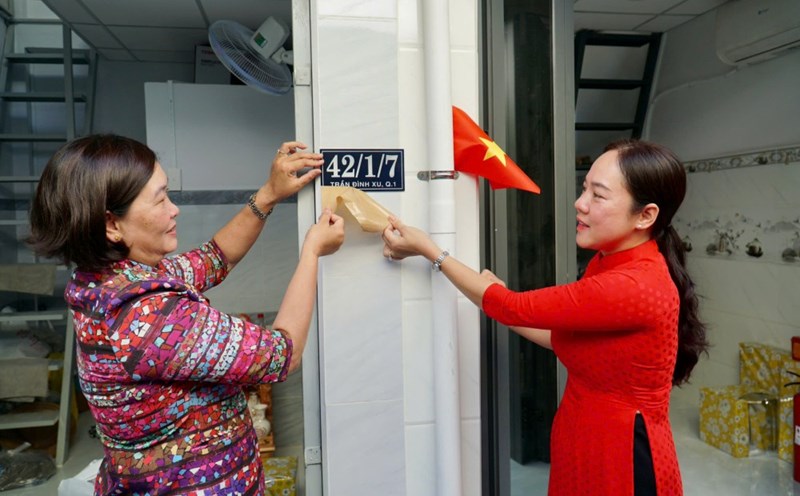At the 9th Session of the 15th National Assembly, the National Assembly will discuss the Draft Law amending and supplementing a number of articles of the Law on Organization of People's Courts (TAND).
Accordingly, the draft Law amends and supplements regulations on the organization of the court system in the direction of not organizing High-level People's Courts and District People's Courts; establishing Regional People's Courts; converting specialized First instance People's Courts into specialized courts in the Regional People's Courts.
Accordingly, the model of organizing the court system includes: Supreme People's Court; Provincial and centrally-run city People's Courts; Regional People's Courts (amended Article 4 of the Law on Organization of People's Courts 2024).
The submission of the Supreme People's Court outlined the tasks, powers, and organizational structure of the People's Courts, including the Regional People's Court.
The submission of the Supreme People's Court clearly states that the People's Courts of districts, towns, and cities under provinces and cities under centrally-run cities must be restructured into regional People's Courts.
Amend and supplement regulations on the organizational structure of regional People's Courts in the direction of supplementing regulations at some regional People's Courts established as the Real Estate Court and the Intellectual Property Court. The scope of authority by territory of these specialized courts is determined by the National Assembly Standing Committee.
The 2024 Law on Organization of the People's Court stipulates that the court system has primary courts specializing in intellectual property, bankruptcy, and administration.
According to the new court organization model, due to the small volume of cases related to intellectual property and bankruptcy, it is not necessary to organize specialized first instance court sessions at a court level.
However, this is a difficult, complicated type of job and is increasingly increasing with the country's economic development speed; it requires specialized human resources who are not only specialized in law but also need to be trained, knowledge, and skills in the fields of intellectual property, economics, and finance.
For bankruptcy cases, it is necessary to resolve relationships of enterprises and cooperatives required to declare bankruptcy such as: administrative, labor, criminal, civil, economic, and intellectual property relationships.
Resolving these types of cases requires a professional organization, specializing both in apparatus and human resources.
Therefore, it is necessary to establish specialized courts on bankruptcy and intellectual property at a number of regional courts in major provinces and cities that are the economic and financial centers of the country.
The establishment of a specialized court on intellectual property and bankruptcy is a necessary act to realize the commitment and affirm Vietnam's determination to seriously implement intellectual property rights, improve the investment and business environment, and strongly attract foreign investment in our country to the international community.











